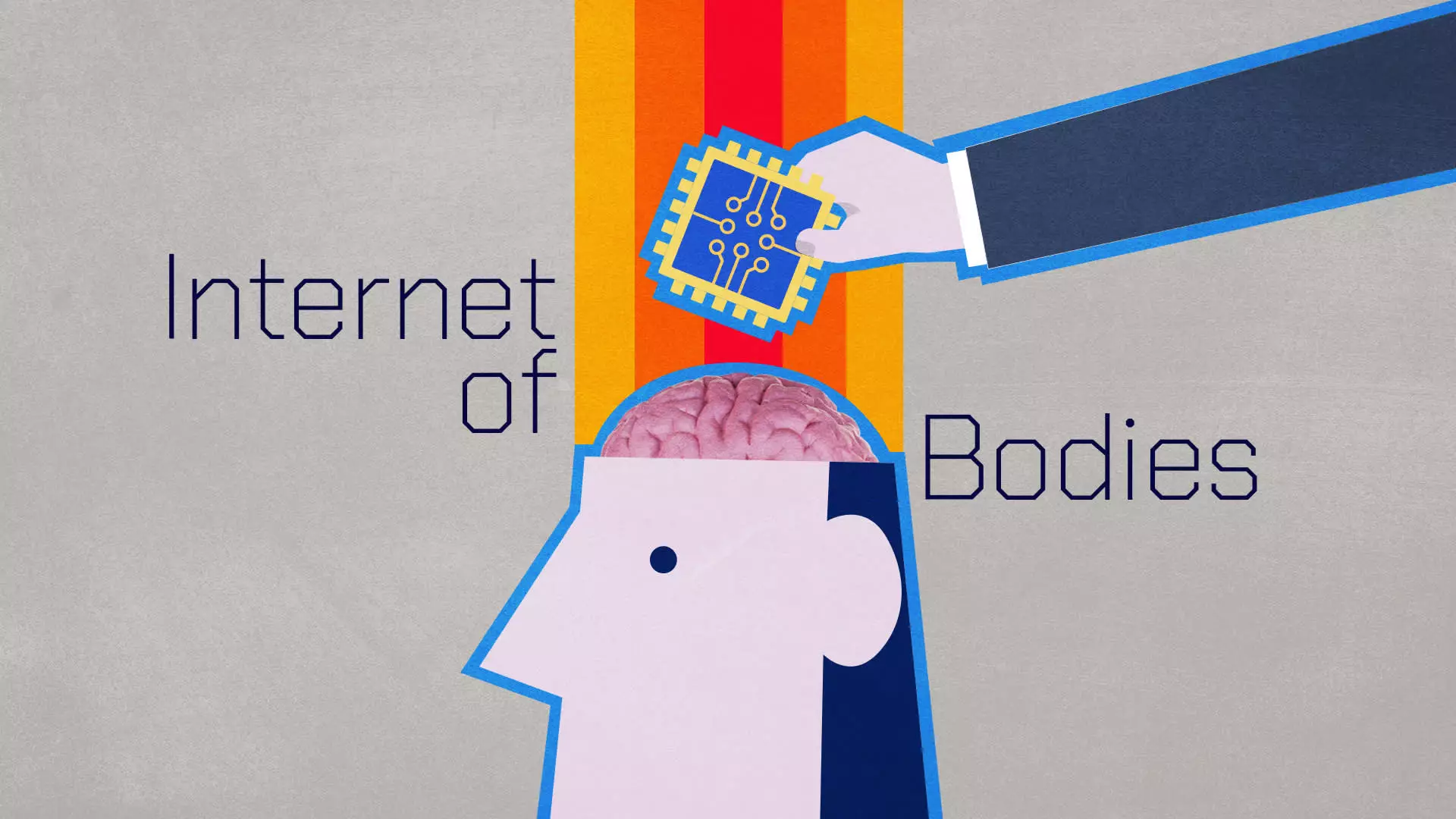The concept of the “Internet of Bodies,” or IOB, is a revolutionary idea that blurs the lines between technological devices and the human body. Coined by academic and author Andrea M. Matwyshyn in 2016, IOB refers to a network of human bodies that rely on the internet and related technologies for their integrity and functionality. This interconnected network is expected to bring about significant changes in various aspects of our lives.
Matwyshyn identified three categories of IOB devices based on their level of integration. The first category includes external devices, such as smartwatches and smart glasses, which have become popular for tracking health metrics and providing additional functionalities like cameras and monitors. The second category consists of internal devices, like pacemakers and smart prosthetics, that are either ingested or implanted to enhance human capabilities. The third category represents the most advanced form of IOB devices, where technology seamlessly merges with the human body and establishes a real-time connection to external machines and the internet.
Companies like Elon Musk’s Neuralink are at the forefront of developing cutting-edge IOB technologies. Neuralink’s brain computer interface, known as “the Link,” is a coin-sized chip implanted under the skull that reads brain signals and enables individuals to control external machines. This level of integration between technology and the human body opens up endless possibilities for enhancing human performance and revolutionizing healthcare practices.
While the potential benefits of IOB are vast, there are significant privacy and ethical concerns that must be addressed. As human flesh becomes intertwined with technology, questions about data privacy, security, and ethical implications arise. Matwyshyn and other critics emphasize the importance of considering the societal norms and values that may be challenged as IOB continues to evolve.
The emergence of the Internet of Bodies represents a significant step towards the convergence of technology and the human body. As the field continues to advance, it is crucial to carefully examine the implications and potential risks associated with this integration. By addressing concerns surrounding privacy, ethics, and societal norms, we can harness the full potential of IOB devices while ensuring the well-being and autonomy of individuals in this new era of technological innovation.



Leave a Reply